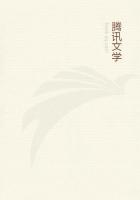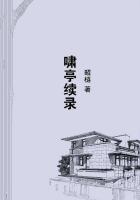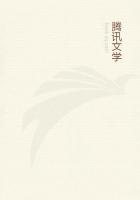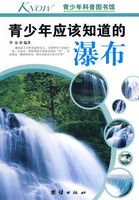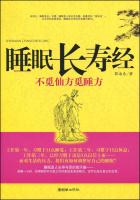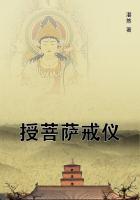II.It employs self-consciousness as the instrument of observation.It may thus be distinguished from some other schools with which it has been confounded.Bacon, we have seen, did believe in the applicability of his method to all the mental sciences.But he had no clear apprehension of the agency by which the observation is to be accomplished; he supposed it to be by " the history and tables concerning anger, fear, modesty, the memory, composition, division, judgment, and the like." In respect of the means of observation, philosophy is greatly indebted to Descartes, who taught men, in studying the human mind, to seize on great internal ideas.The questions started by Locke, and his mode of settling them, tend towards the same issue; he dwells fondly on reflection as the alone source of the ideas which we have of the workings of the human mind, and ever appeals to the internal sense as an arbiter in discussions as to the origin of ideas.But the Scottish philosophers took a step in advance of any of their predecessors, inasmuch as they professed to draw all the laws of mental philosophy -- indeed, their whole systems -- from the observations of consciousness.
By this feature they are at once distinguished from those who would construct a science of the human mind from the observation of the brain or nerves, or generally from animal physiology.Not indeed that the Scottish philosophy is required, by its manner or its principles, to reject the investigation of the functions of the bodily frame, as fitted to throw light on mental action.Certain of the masters of the school, such as Reid, Brown, and Hamilton, were well acquainted with physiology in its latest discoveries in their day, and carefully employed their knowledge to illustrate the operations of the human mind.
{5} There is nothing in the method, or the spirit, or the cherished doctrines of the school tending to discountenance or disparage a painstaking experimental investigation of the parts of the bodily frame most intimately connected with mental action.Possibly the next great addition may be made to psychology, when internal observation of the thoughts and feelings, and external observation of the brain and nerves and vital forces, are in circumstances to combine their lights.But in the days of the great masters of the Scottish school, physiology was not in a state, nor is it yet in a position, to furnish much aid in explaining mental phenomena.The instrument employed by them was the internal sense; and they always maintained that it is only by it that we can reach an acquaintance with mind proper and its various operations, and that the knowledge acquired otherwise must ever be regarded as subordinate and subsidiary.They might have admitted that the occasion of the production, and the modifications of our mental states, could so far be influenced by the cerebro-spinal mass, or the forces operating in it; but they strenuously maintained that we can know what our perceptions, and judgments, and feelings, and wishes, and resolves, and moral appreciations are, not by the senses or the microscope, not by chemical analysis, or the estimation of the vital forces, but solely through our inward experience revealed by consciousness.
But let us properly understand what the Scottish school intend when they maintain that a science of the human mind can be constructed only by immediate consciousness.They do not mean that the study of the mind can be prosecuted in no other way than by looking in for ever on the stream of thought as it flows on without interruption.The operation of introspection is felt to be irksome in the extreme if continued for any length of time, and will certainly be abandoned when thought is rapid or feeling is intense; and those who trust to it exclusively are apt to fix their attention on a few favorite mental states, and omit many others no less characteristic of the human mind.He who would obtain an adequate and comprehensive view of our complex mental nature must not be satisfied with occasional glances at the workings of his own soul: he must take a survey of the thoughts and feelings of others so far as he can gather them from their deeds and from their words; from the {6} acts of mankind generally, and of individual men, women, and children; from universal language as the expression of human cogitation and sentiment; and from the commerce we hold with our fellow-men by conversation, by writing, or by books.Reid in particular is ever appealing to men's actions and language, as a proof that there must be certain principles, beliefs, and affections in the mind.
Still this evidence ever carries us back to consciousness, as after all both the primary witness and the final judge of appeal; as it is only by it, and by what has passed through our own minds, that we can come to discern and appreciate the feelings of our brother men.
III.By the observations of consciousness, principles are reached which are prior to and independent of experience.This is another grand characteristic of the school, distinguishing it, on the one hand, from empiricism and sensationalism; and, on the other hand, from the dogmatism and <a priori> speculation of all ages and countries.It agrees with the former in holding that we can construct a science of mind only by observation, and out of the facts of experience; but then it separates from them, inasmuch as it resolutely maintains that we can discover principles which are not the product of observation and experience, and which are in the very constitution of the mind, and have there the sanction of the Author of our nature.These are somewhat differently apprehended and described by the masters of the school, some taking a deeper and others a more superficial view of them.Hutcheson calls them senses, and finds them in the very constitution of the mind.Reid designates them principles of common sense, and represents them as being natural, original, and necessary.


